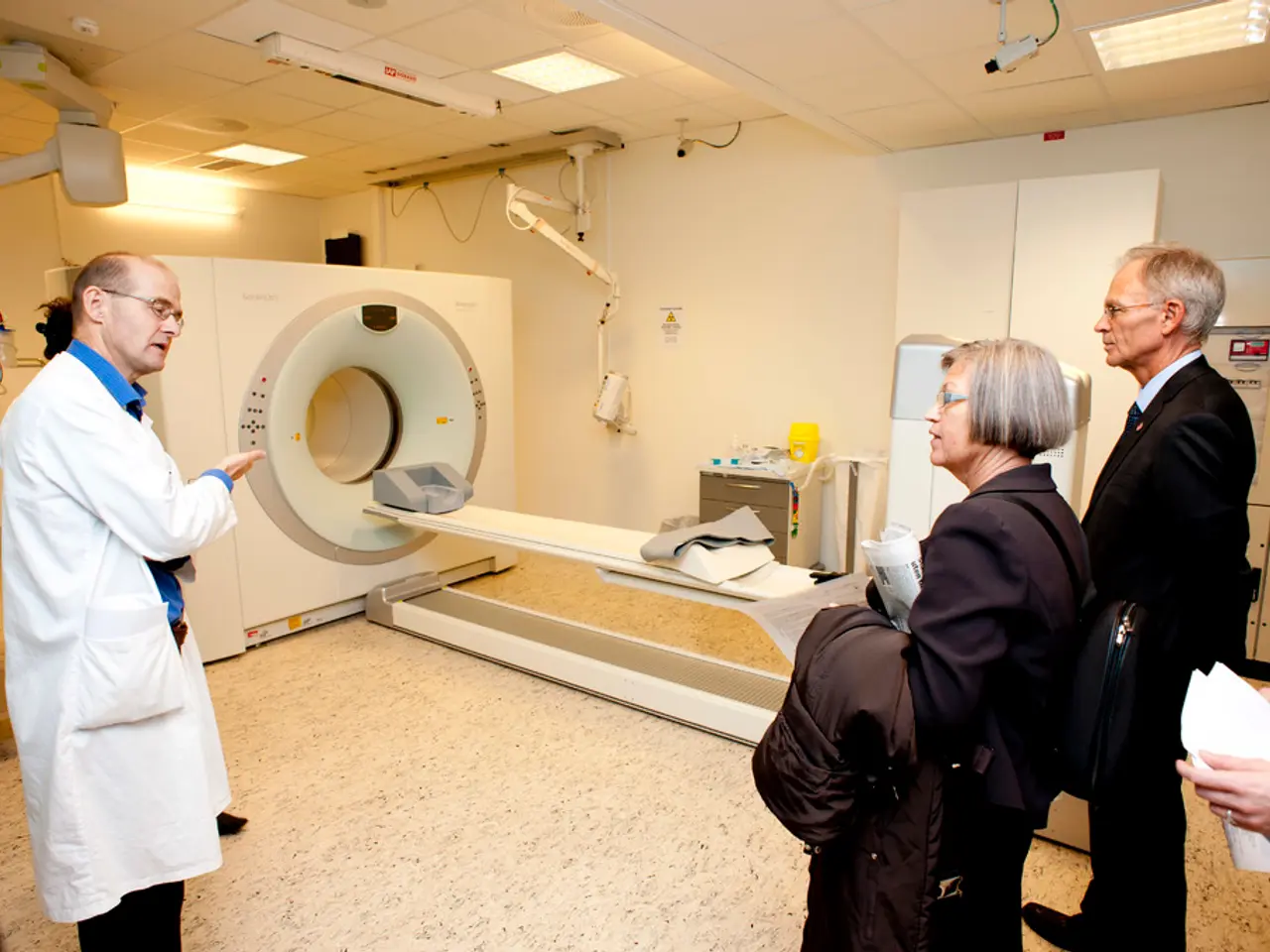Medical practitioners describe prevalence of aggressive situations in their workplaces
In response to an alarming increase in verbal and physical attacks against healthcare workers, particularly doctors, key developments are being implemented to enhance legal protection and violence prevention in medical practices.
Recent surveys conducted by the Baden-Württemberg Medical Association (Medi) have confirmed that daily experiences of violence are prevalent in general practice. Norbert Smetak, the chairman of Medi and a cardiologist in Kirchheim unter Teck, has emphasised the need for more legal protection for doctors and the urgency of the situation.
According to the survey, more than a quarter of the doctors cite increasing pressure to provide care and patient expectations as a cause of increasing violence. Additionally, about one in six doctors have experienced physical violence, and a third complain about an increasing lack of respect from patients. Some doctors have even resorted to using pepper spray for self-defence within their practices.
To address this issue, the Joint Commission has introduced new workplace violence prevention requirements, effective from July 1, 2025. These apply to all Joint Commission–accredited ambulatory health care organisations and laboratories, providing a comprehensive framework that includes formal definitions of workplace violence, processes for worksite analysis, leadership oversight responsibilities, policies and procedures to prevent violence, reporting, data collection, and analysis systems, and post-incident strategies and staff training programs.
Legislative proposals, such as the SAVE (Safety Against Violence for Healthcare Employees) Act 2025, aim to provide stronger legal protections for healthcare workers. This federal initiative proposes harsh penalties for violence against healthcare workers, including prison sentences of up to 10 years.
Organisational and policy approaches also play a crucial role in reducing risks and creating safer workplaces. Healthcare organisations are encouraged to implement zero-tolerance policies regarding violence, safety committees to oversee violence prevention, enhanced security measures within facilities, and Employee Assistance Programs to support affected staff.
Training and preparedness drills are also essential, with healthcare facilities advised to conduct regular training and drills on emergency responses tailored to healthcare settings. Education initiatives, such as those by Scrubs Addressing the Firearm Epidemic (SAFE), are integrating violence prevention into medical education curricula to equip future doctors with skills to address violence as a public health issue proactively.
Every second practice team has completed communication training to protect against attacks, and 15 percent of practices have agreed on code words in case of violence. Medi will continue to pursue the issue of violence politically, and the association is setting up an anonymous reporting system for violence incidents.
The special legal protection for emergency and medical emergency services should be extended to medical staff outside of emergency care in practices. Medi also demands an expansion of paragraph 115, subsection 3 of the Criminal Code.
Violence is no longer just a problem in clinics and emergency services, but has long been part of daily practice for doctors. The doctor shortage is contributing to the increasing violence, and about two-thirds of doctors in Baden-Württemberg have experienced verbal violence. Eight percent have issued house bans to prevent repeated attacks.
These measures represent a multifaceted approach combining regulatory standards, legal reforms, organisational policies, training, and education to better protect healthcare workers from verbal and physical violence and to prevent such incidents from occurring.
- Mental health and workplace-wellness are increasingly important as more than a quarter of doctors credit increasing pressure and patient expectations as a cause of violence in their daily practice.
- The health-and-wellness sector is responding to the alarming increase in violence against healthcare workers with key developments, including the SAVE Act 2025, which aims to provide stronger legal protections and harsh penalties for such acts.
- General news coverage has highlighted an increase in violent incidents in medical-conditions workplaces, with about one in six doctors reporting physical violence and a third complaining about a lack of respect from patients.
4.Crime-and-justice legislators are proposing changes to existing laws, such as an extension of special legal protection for emergency and medical emergency services to medical staff outside of emergency care in practices, and expanding paragraph 115, subsection 3 of the Criminal Code to better protect healthcare workers.




